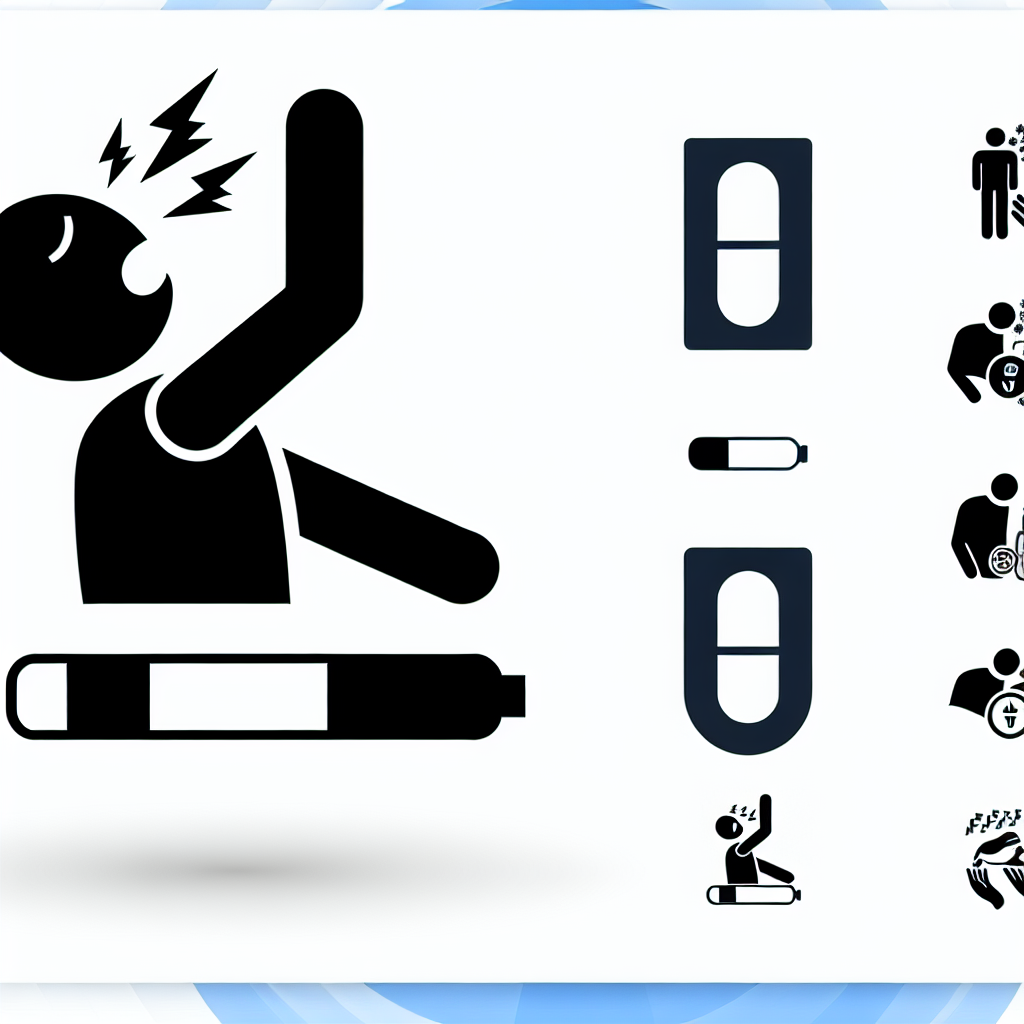Have you ever felt unusually tired, struggled to concentrate, or noticed tingling in your hands and feet? These could be subtle signs of a vitamin B12 deficiency. This essential nutrient plays a key role in your body’s energy production, nerve function, and cognitive health, and when levels dip too low, the effects can be profound.
In this article, we’ll explore the warning signs, causes, treatment options, and preventive measures for vitamin B12 deficiency so you can take action to protect your health.
What Is Vitamin B12 and Why Does Your Body Need It?
Vitamin B12, also known as cobalamin, is essential to many processes in your body. It helps produce healthy red blood cells, supports brain function, and protects the nervous system by maintaining the myelin sheath around nerve fibers. B12 is also a pivotal player in converting food into energy and synthesizing DNA, making it critical for overall health.
This vitamin is primarily found in animal products like meat, fish, eggs, and dairy. For vegetarians and vegans, fortified cereals and supplements are often necessary to avoid deficiency. Individuals with digestive conditions, older adults, and those taking certain medications may also struggle to absorb adequate amounts of B12.
Causes of Vitamin B12 Deficiency
Vitamin B12 deficiency can stem from several causes. Identifying the root of the problem is essential to determine the best solution.
- Dietary Restrictions: Vegetarians and vegans are at higher risk since plant-based foods typically don’t contain B12. Supplements and fortified foods are a must for maintaining healthy levels.
- Digestive Disorders: Conditions like Crohn’s disease, celiac disease, and pernicious anemia impede B12 absorption in the gut. Pernicious anemia specifically affects intrinsic factor, a protein crucial for absorbing B12.
- Aging: As people age, their stomachs produce less acid, an essential component for extracting B12 from food. Adults over 50 are advised to monitor their B12 levels regularly.
- Medications: Certain drugs like proton pump inhibitors (PPIs) or metformin can interfere with B12 absorption, increasing the risk of deficiency.
Common Symptoms of Vitamin B12 Deficiency
Early symptoms of vitamin B12 deficiency are often subtle and may be dismissed as minor inconveniences. However, identifying these signs early can help prevent more severe problems down the line:
- Fatigue and Weakness: Persistent tiredness and muscle weakness are often the first red flags. Low B12 limits red blood cell production, reducing oxygen flow throughout the body and leaving you feeling drained.
- Pale or Jaundiced Skin: Anemia caused by B12 deficiency can make your skin look paler or even slightly yellow due to a breakdown in red blood cell production.
- Brain Fog and Trouble Concentrating: Feeling forgetful or mentally hazy? Low B12 impacts brain function, often causing memory lapses and difficulty focusing.
- Digestive Issues: Symptoms like nausea, constipation, or loss of appetite may also signal insufficient B12 levels.
Serious Symptoms of Severe Vitamin B12 Deficiency
If left untreated, the effects of B12 deficiency can escalate into more serious health issues. These advanced symptoms demand immediate medical intervention:
- Numbness and Tingling in Limbs: Known as paresthesia, this symptom results from nerve damage due to reduced myelin production.
- Mood Changes and Memory Loss: Deficiency can lead to irritability, depression, and cognitive difficulties. Severe cases may even mimic symptoms of dementia.
- Glossitis and Mouth Ulcers: Swelling of the tongue (glossitis), mouth ulcers, or a burning sensation in the mouth are common indicators.
- Blurry Vision: Damage to the optic nerve can cause vision impairment, though this occurs only in extreme cases.
How Is Vitamin B12 Deficiency Diagnosed?
If you suspect a vitamin B12 deficiency, the first step is to see a healthcare provider for testing. Blood tests can measure B12 levels and diagnose related conditions like anemia. Doctors may also test for elevated homocysteine or methylmalonic acid, which are markers of deficiency.
Treatment Options for Vitamin B12 Deficiency
The good news? Vitamin B12 deficiency is highly treatable. Depending on your situation, recommended treatments may include:
- Dietary Changes: Adding B12-rich foods like eggs, fish, dairy, and meat to your diet can naturally boost levels.
- Oral Supplements: Over-the-counter B12 supplements in pill or liquid form can replace mild deficiencies effectively.
- B12 Injections: For severe deficiencies or absorption issues, injections deliver B12 directly into the bloodstream, bypassing your digestive system.
Working closely with your doctor allows you to choose a treatment plan tailored to your needs and lifestyle.
Preventing Vitamin B12 Deficiency
Prevention starts with a proactive approach to your health. Following these tips can help you maintain optimal B12 levels:
- Eat a Balanced Diet: Include foods naturally rich in B12, such as beef, salmon, eggs, and dairy products. Vegans and vegetarians should consider fortified foods or supplements.
- Monitor Your Levels: Schedule regular blood tests to check your B12 levels, especially if you’re over 50 or have risk factors like medication use or digestive issues.
- Consider Supplements: If dietary sources aren’t sufficient, B12 supplements are a safe and effective way to prevent deficiency.
- Listen to Your Body: Don’t ignore unexplained fatigue, pins-and-needles sensations, or mood changes. When in doubt, consult your doctor early.
Conclusion
Vitamin B12 plays an essential role in your health, yet its deficiency often goes unnoticed. The symptoms—whether mild fatigue, trouble concentrating, or tingling sensations—can sneak up slowly but have significant consequences over time. The good news is that B12 deficiency is preventable and treatable with a combination of dietary changes, supplementation, and medical care.
Don’t wait for symptoms to escalate. If you suspect you’re low on B12, talk to your doctor, make adjustments to your diet, and take charge of your health. With a little attention, you can ensure your body benefits from all the positive effects of this vital nutrient.
Remember, your health is worth it!
